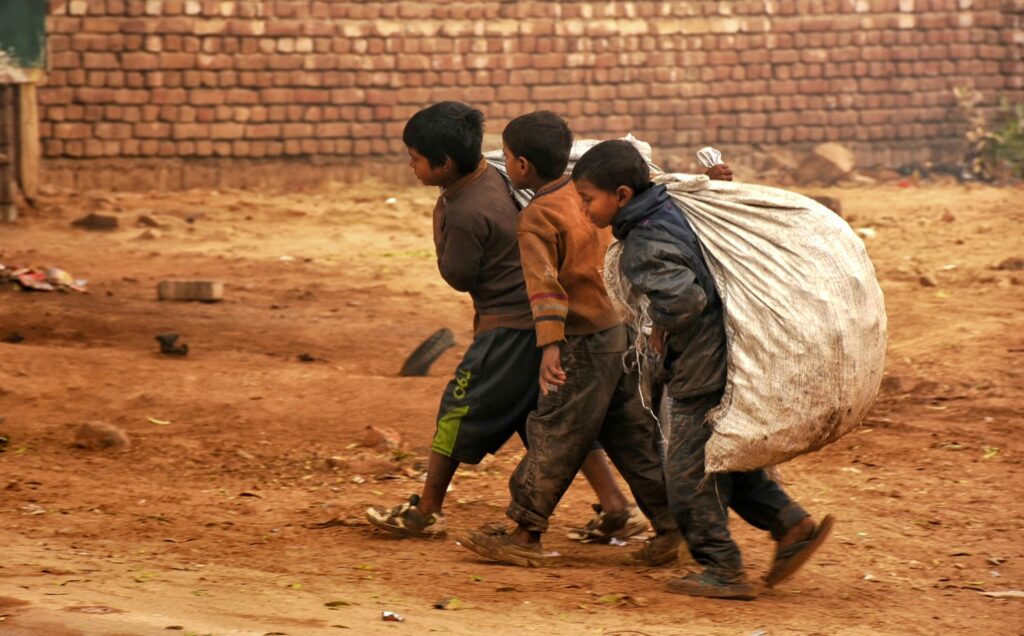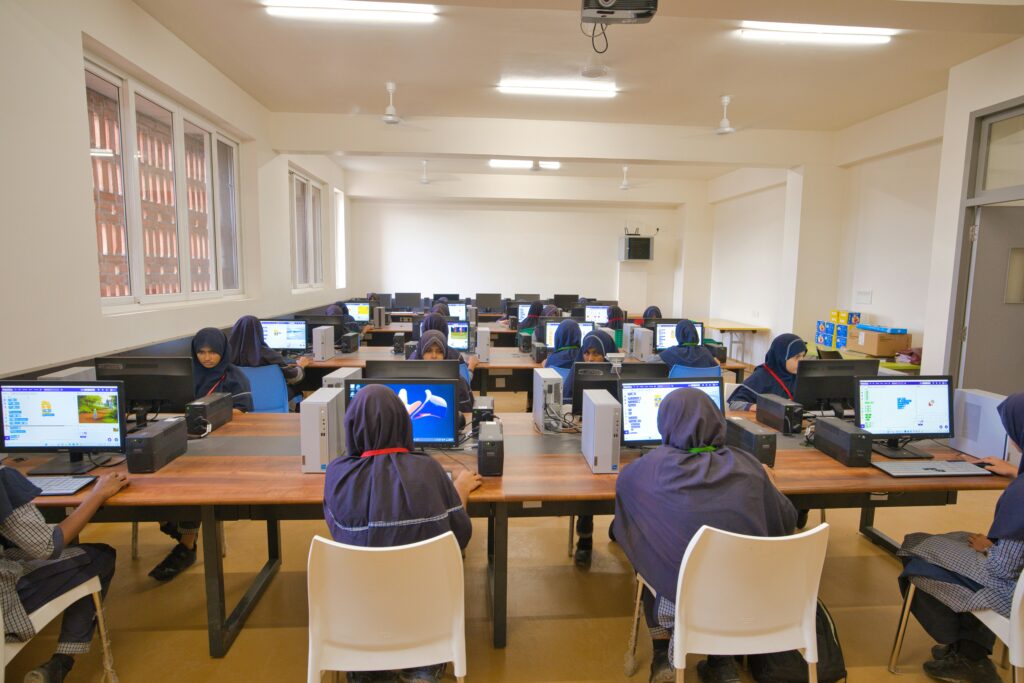Why Women’s Education Is Important: A Path to Empowerment and Progress..
Education is a fundamental human right and a powerful tool for transforming societies. When women are educated, the benefits extend beyond the individual to families, communities, and nations. In this essay, we will explore the multifaceted importance of women’s education, highlighting its impact on economic growth, health, gender equality, and societal development.
for other info
1. Economic Empowerment and Growth..
Educating women is a catalyst for economic development. According to the World Bank, providing girls with an extra year of schooling can increase their future wages by up to 20%. Educated women are more likely to participate in the workforce, start businesses, and contribute to various sectors such as healthcare, education, and technology. This active participation boosts productivity and innovation, leading to a more dynamic economy.
Moreover, when women earn an income, they tend to reinvest a significant portion—often up to 90%—into their families, improving household welfare and breaking the cycle of poverty.
2. Improved Health Outcomes..
Women’s education is closely linked to better health outcomes. Educated women are more likely to seek healthcare services, understand health information, and make informed decisions about nutrition and sanitation. This leads to lower maternal and child mortality rates, improved child nutrition, and better overall family health.
Furthermore, education empowers women to make choices about family planning, leading to healthier timing and spacing of pregnancies. This not only benefits the health of the mother but also contributes to the well-being of children.
3. Advancing Gender Equality…
Education plays a pivotal role in challenging and changing traditional gender norms. By providing girls and women with the same educational opportunities as boys and men, societies can bridge the gender gap that has historically limited women’s potential. Educated women are more likely to challenge discriminatory practices, advocate for their rights, and participate in decision-making processes, leading to greater gender equality.

4.Political and Social Participation …
Educated women are more likely to engage in political and civic activities. They are more informed voters, participate in community leadership roles, and advocate for social change. This increased participation ensures that women’s voices are heard in policy-making processes, leading to more inclusive and representative governance.
5. Breaking the Cycle of Poverty..
Education is a powerful tool for breaking the intergenerational cycle of poverty. When women are educated, they are more likely to ensure that their children receive an education, thereby passing on the benefits of learning to the next generation. This creates a positive feedback loop that can lead to sustained economic and social development.

6. Enhancing Environmental Awareness..
Educated women are more likely to be aware of environmental issues and take actions to address them. Studies have shown that women with higher levels of education are more concerned about environmental conservation and are more likely to engage in sustainable practices. This heightened environmental consciousness contributes to better resource management and environmental preservation.
7. National Development and Global Progress..
The collective impact of educating women contributes to national development and global progress. Countries with higher levels of female education tend to have stronger economies, better health systems, and more stable societies. Educated women drive innovation, foster social cohesion, and contribute to the achievement of sustainable development goals, benefiting not only their countries but the world at large.
Conclusion

Women’s education is not just a matter of individual empowerment; it is a cornerstone of societal progress. By investing in the education of girls and women, societies can unlock a multitude of benefits, from economic growth and improved health to greater gender equality and social development. It is imperative that we continue to advocate for and support women’s education, ensuring that every girl has the opportunity to learn, grow, and contribute to a better world.